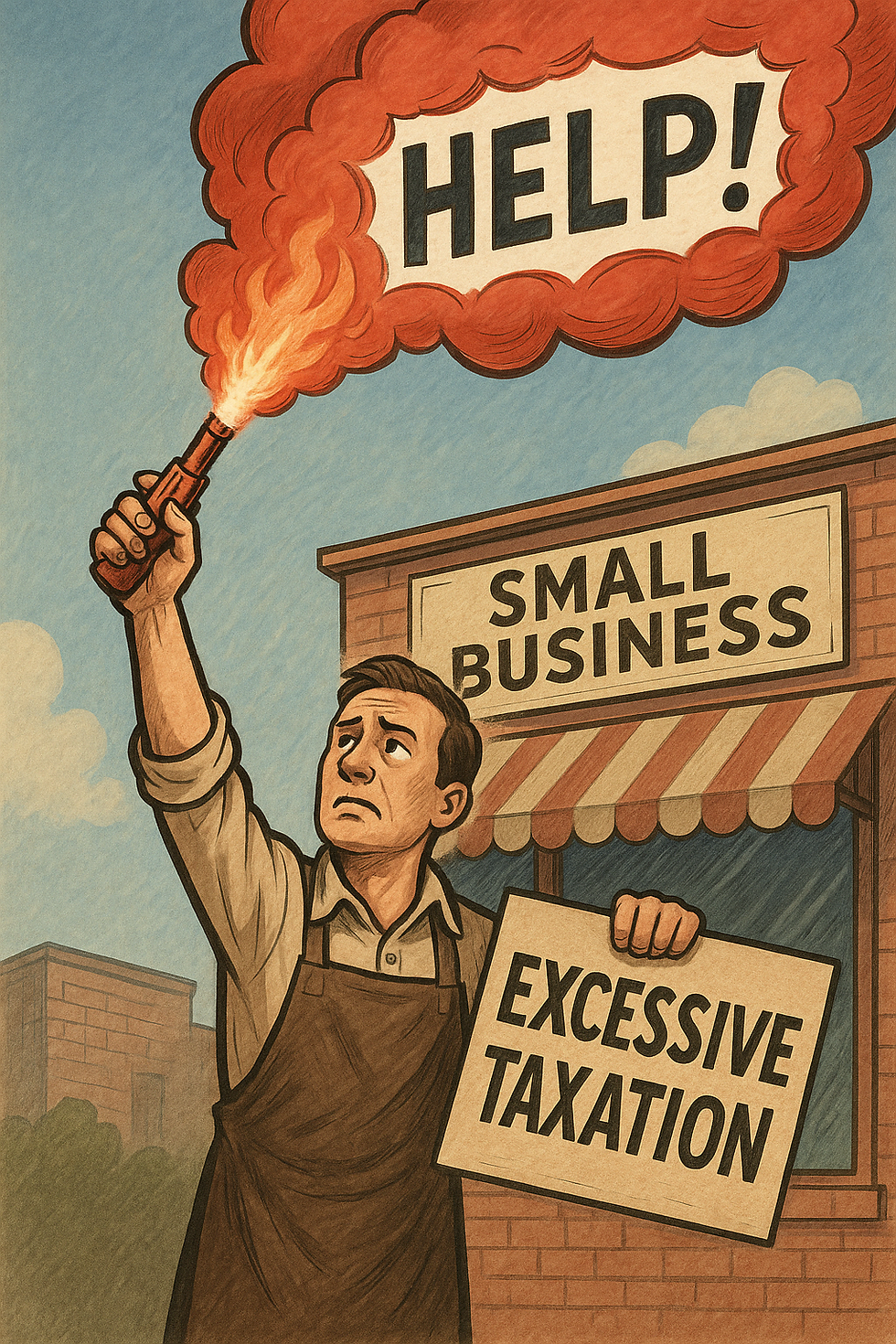Reviewing state budgets and spending ahead of upcoming legislative sessions
- Chris Cargill

- Nov 30, 2022
- 2 min read
Updated: Jul 21, 2023
Legislators in Idaho, Montana, Washington, and Wyoming are preparing to head back to their respective capitals this January to begin their governing work.

In some states, policymakers will be dealing with major issues regarding homelessness and crime. In other states, lawmakers will be reviewing ideas to improve a business climate or lower the tax burden.
One thing all states have in common is the requirement to produce a budget. But how much is enough? Is the tax burden too high? Are government budgets under or overspending? And how does each state arrive at a budget?




One of the most important things a lawmaker can do is to ensure an adequate rainy-day fund. To properly shield a state from turbulent economic storms, many states have savings requirements built into their budgeting process.
In its 2020 report, the Tax Foundation ranked Wyoming’s rainy-day fund as tops in the country – with balances as a percentage of expenses at 109%. Pew’s 2022 report now shows Wyoming could run on its rainy-day fund for almost an entire year – roughly 349 days
Idaho’s rainy-day fund leaves the state able to run on savings for roughly 76 days. Meantime, Montana could operate the state on savings for just 16 days. Washington state ranks the worst in the country – with rainy-day funds only able to sustain state spending and programs for a little more than four days.
Whether it be their first or tenth legislative session, policymakers from across the region will have a unique opportunity to strengthen their state finances while giving a break to their hard-working constituents.
As we have shown, each has a budget surplus that can and should be spent on reducing the severe inflationary pressures made worse by intense government spending. Drastically increasing state government spending in these economic times will only make matters worse. Lawmakers should resist that temptation.







Comments